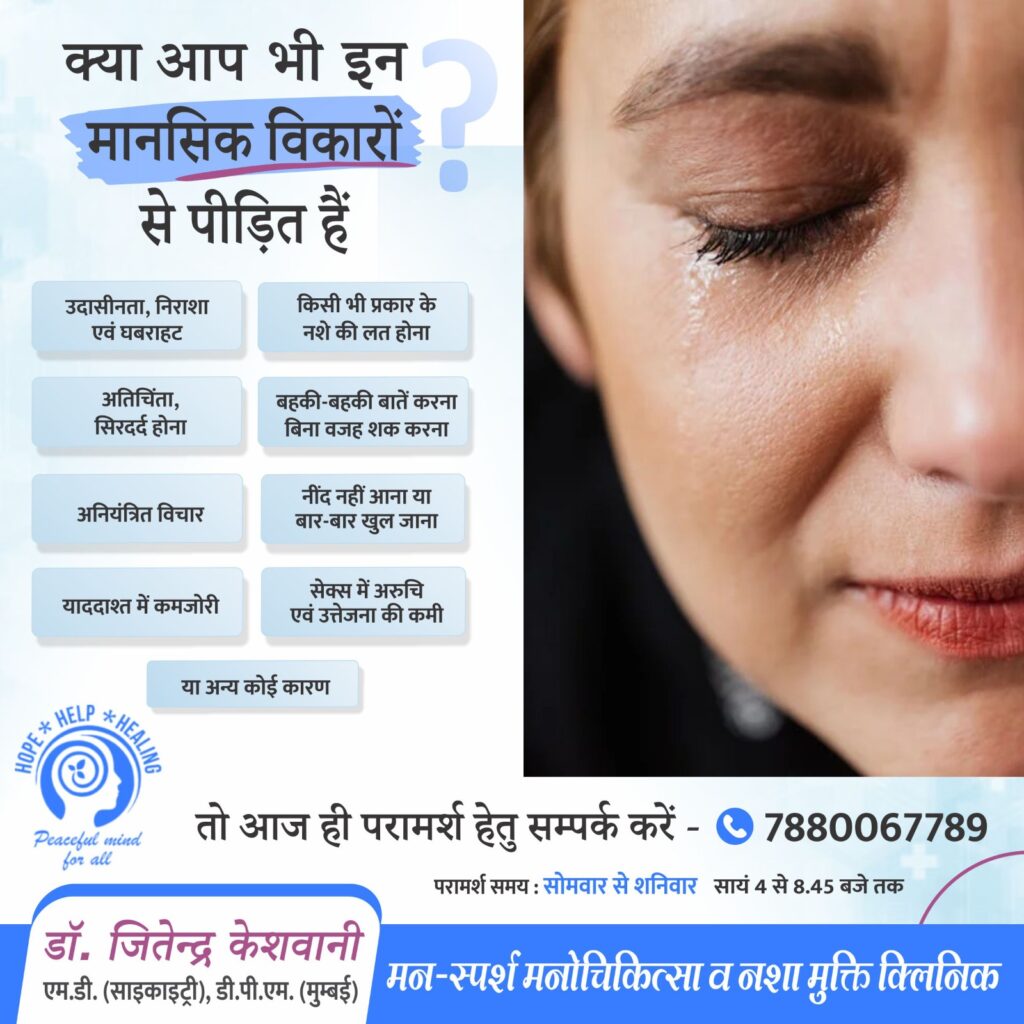
Tobacco may also be known as cigarettes, fags, butts, darts, smokes, rollies.
What is tobacco?
Tobacco is one of the oldest known drugs. It is a green leafy plant that is grown in hot climates and once it is plucked, it is dried, ground, and used in various ways. Most people smoke tobacco in cigarettes, but some prefer cigars or pipes. It can also be chewed and sniffed through the nose like ‘Naswar’.
Ill effects of tobacco
Tobacco contains the stimulant drug nicotine. Nicotine speeds up your central nervous system and makes you feel like you have more energy. It can also affect the brain making you feel ‘good’ after smoking. Nicotine is highly addictive so you can become addicted to it quickly making it difficult to quit.
You may feel sick and dizzy when you first start smoking. This can make your heart beat faster, give you headaches, and cough. Most of these effects – both good and bad – subside as you continue to smoke. Over time, your body becomes addicted to the chemicals in cigarettes, including nicotine.
When you inhale nicotine in a cigarette, it hits your brain in about ten seconds and wears off again within a few minutes. This is why most people feel like they have to smoke all day long and why it is easy to become dependent on smoking. Tobacco and your mental and physical health
If you already have mental health problems, smoking can complicate it further. You may start or continue smoking because you think it helps you deal with your anxiety or depression, and then you find that your anxiety/depression gets worse when you try to quit smoking. goes.
So if you keep smoking, it becomes a vicious cycle. Smoking can also affect your physical health, causing things like shortness of breath, more regular colds or flu, yellow stains on fingers, and in the long run, heart disease and cancer.
- Reduce smoking.
- See if you can cut down so you smoke fewer cigarettes a day or set a limit on the number of cigarettes you smoke in a day.
- Smoke-free days are coming.
- It is switching to something that reduces the health risks of smoking (for example patches, gums, lozenges, and inhalers).
- Quitting
Getting help
If your smoking is starting to affect things that are important like your mental health, well-being, or your friendships, it might be a good idea to talk to someone about your options, such as reducing your use or quitting. About different methods of closure. Whatever you decide, Headspace can help.
For more information, consult your nearest psychiatrist or access eHeadspace for telephone support.
Your general practitioner can discuss psychosocial counseling or local headspace center options.
It’s normal to have a craving for a cigarette when you first quit, as your body is expelling the nicotine. Gradually the craving will reduce.
You may find that after quitting you ‘relapse’ and start smoking again – don’t worry, each relapse is an opportunity to learn something new about your smoking habits and triggers. Making change can be hard work, but it will be worth it.
- Risks from tobacco/ Smoking addiction






Clinic: G-10, Ground Floor, Bansiwala Tower, Behind Morni Saree Showroom, Sapna Sangeeta Road, Indore- 452003
Contact Number: 7880067789

